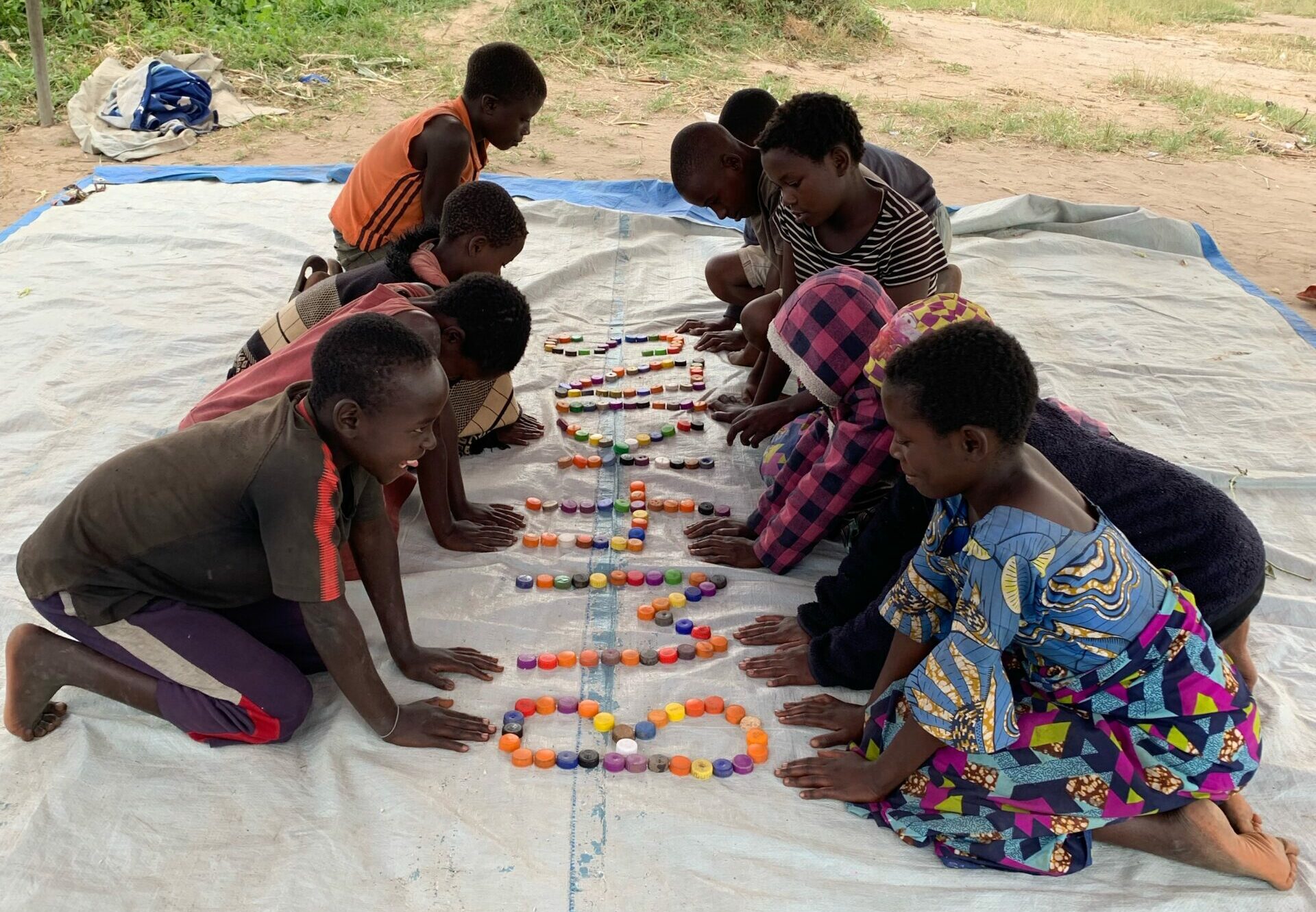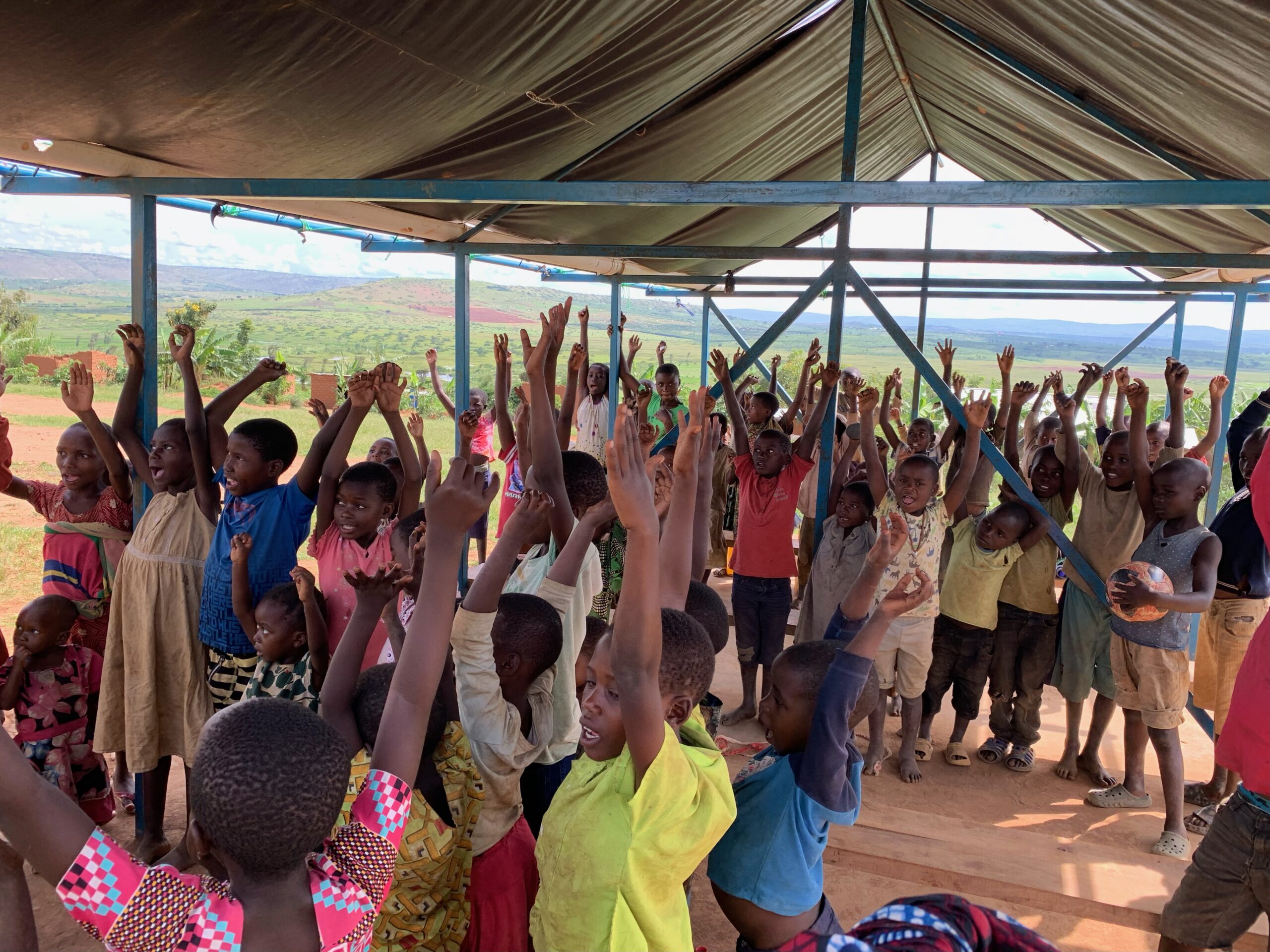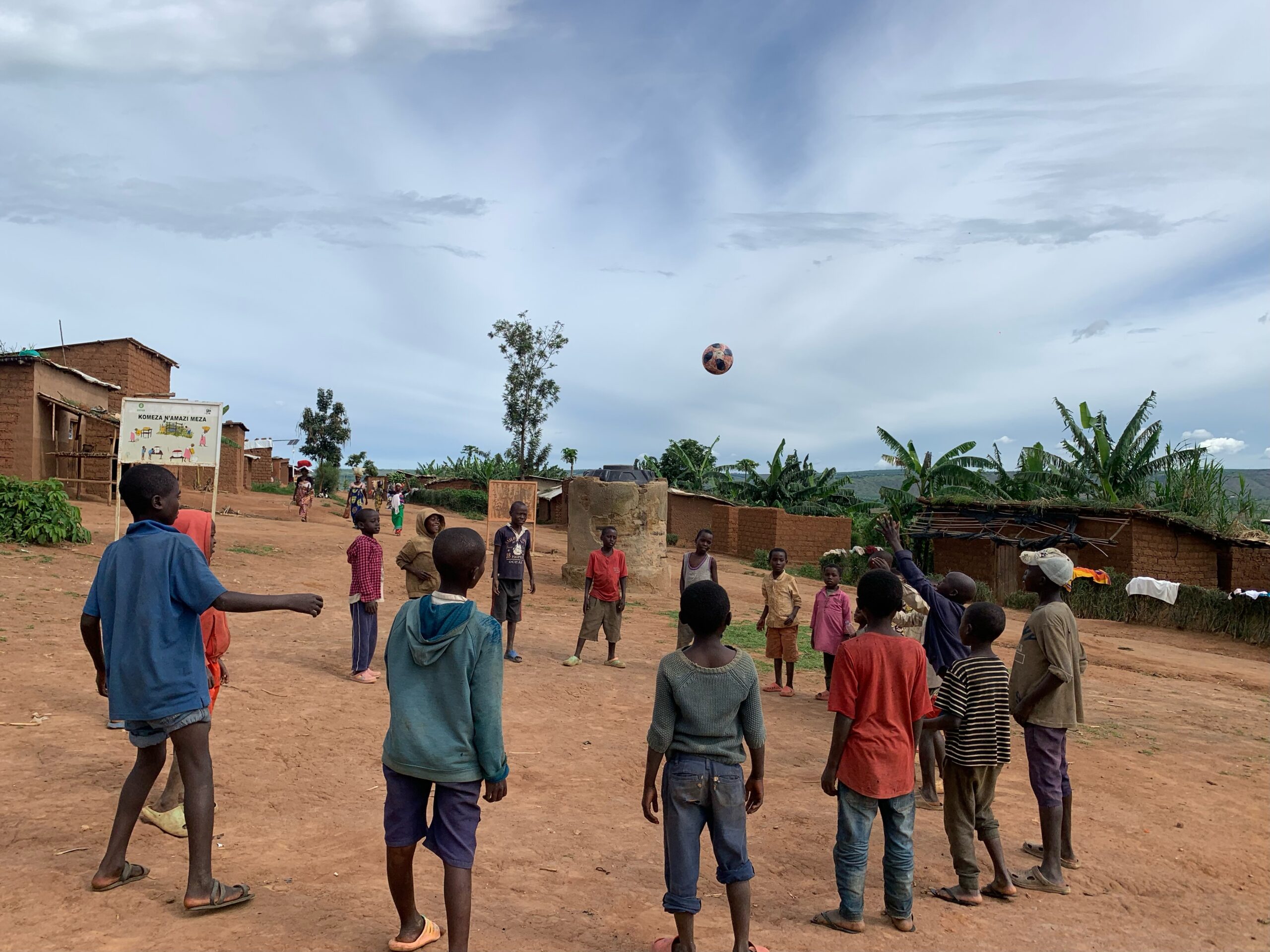Hard Times and Bright Spots

When Isis-linked rebels from Congo attacked a school in a border district of Uganda last June, a great deal of fear was stirred up in Nakivale. A number of the families involved with a Better World 4 Kids had relatives among the 41 killed in the attack. The rebels appear to be the same group who had been kidnapping children and trying to get refugees to move back home. People said that the rebels were unhappy with their lack of success in getting people to return to Congo, and the attack was an attempt to intimidate the refugees.
People were certainly fearful. Some Ugandan officials became reluctant to work near the border. They wanted to move refugee settlements away from the area, but the government opted instead to maximize the deployment of border police.

The attack came at a bad time. The same floods that made travel to and from school so hazardous had washed away a great deal of the seed planted in the families’ garden plots. With the local growing season disrupted by a changing climate, families were faced with even larger food shortages as the war in Ukraine meant a big drop in food imports. At this same time, the UN humanitarian food aid delivered to Uganda was reduced by a third due in part to political issues between the government of Uganda and the US, which normally provides 60 to 80% of UN aid. The number of humanitarian aid workers in Nakivale was reduced from 25 to 2. Furthermore, conflicts in the Middle East increased gas prices, which meant higher food prices caused by rising transportation costs. The increased food costs, combined with the huge number of children attending the story-telling sessions, made it impossible for a Better World 4 Kids to continue providing meals for the children.
In Nakivale, all of this translated quite simply into widespread hunger. A couple of families decided to take their chances and return to Congo where UN aid packages were more generous. Some went to Burundi for a better food package in a safer environment. Others went to Kenya, but they were refused at the border and sent back.

The refugees received no explanations for these drastic aid cuts, and people became angry. The settlement saw an increase in theft and suicides. Children engaged more in unruly behavior, school attendance dropped, and child labor increased as people tried to muster all their resources to feed their families.
A Better World 4 Kids worked hard to share information with the families about increased security enforcement and about the causes of the food shortage, while engaging the children in psycho-social support activities to help them deal with their fears. The children continued to come to the story-telling sessions, but they were hungry and had little energy. When Daniel saw children chewing on the stems of corn, he used his own money to purchase sugar cane for them. When the children reported trouble sleeping due to hunger, the program staff encouraged them to practice breathing exercises and Focusing, and the children said that this helped them fall asleep.
Despite so many difficulties, there are bright spots. At a meeting to gather feedback from the families and staff and community, Daniel could see that the Better World 4 Kids program is quickly becoming an important part of the community.
- One local church said they had decided to undertake a fundraising project to support the program.
- Program children who started going to school for the first time after the spring holiday have made a point of staying in touch with their friends from the program on the weekends – and have also connected with the grandparents and staff.
- The grandparents reported forming ties with individual children.
- The staff facilitators shared how delighted they were to hear the program children retelling the stories to other children.
- Some of the parents have started coming to the sessions to listen to the stories, too.
- Community members have said they want to publish the stories (now available only in an English translation) in local languages so they can be shared more widely.
- The staff have asked for jackets with the BW4K logo, so that they can be easily identified by community members wanting to learn about the program.
- One community leader admitted to Daniel that he had originally been skeptical about the possible benefits of the grandparent story-telling project, but now he has noticed that the children participating in Better World 4 Kids are applying the lessons they have learned from the stories. They are well-behaved and, instead of being unruly, step in to stop fights from breaking out. The more he watches the program, he said, the more he loves it.